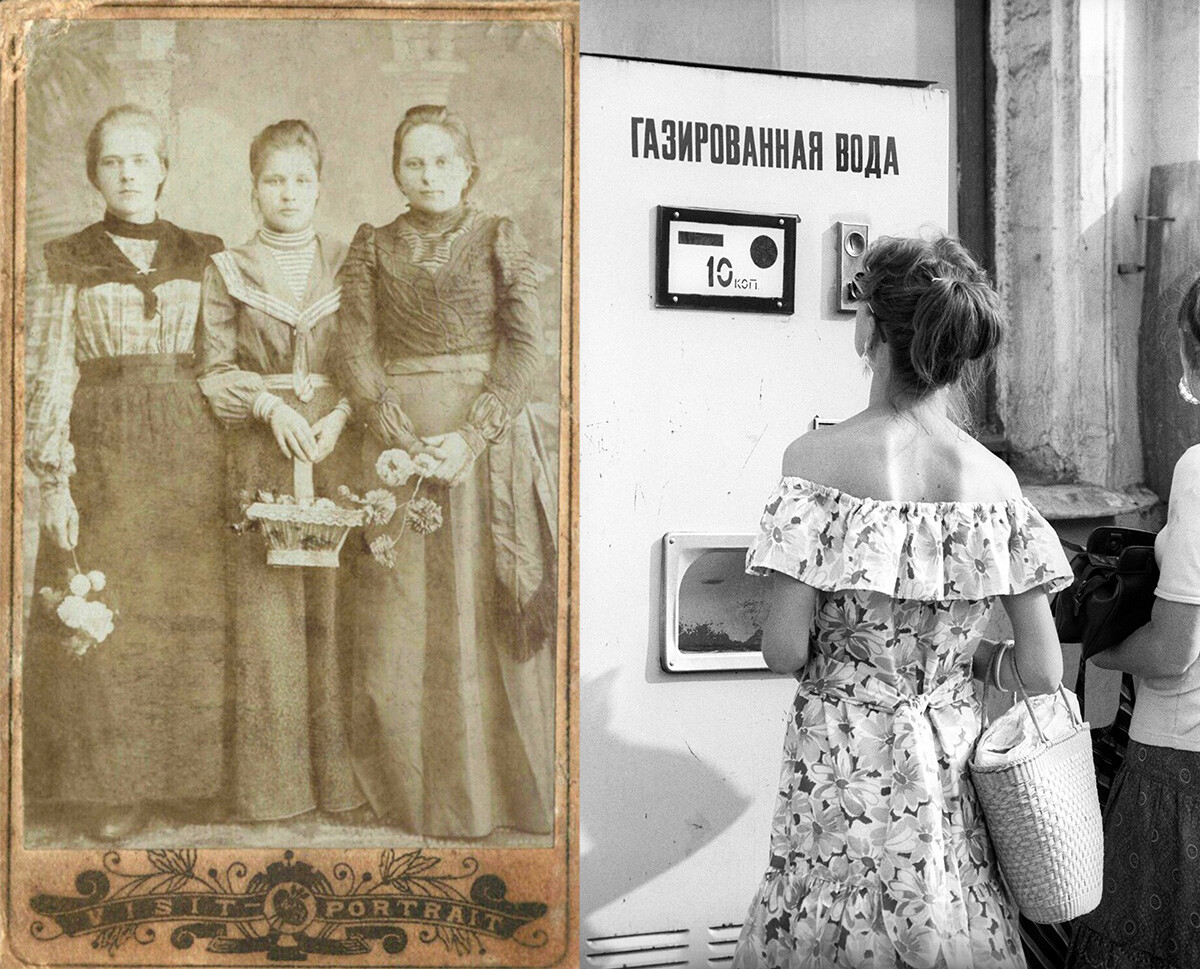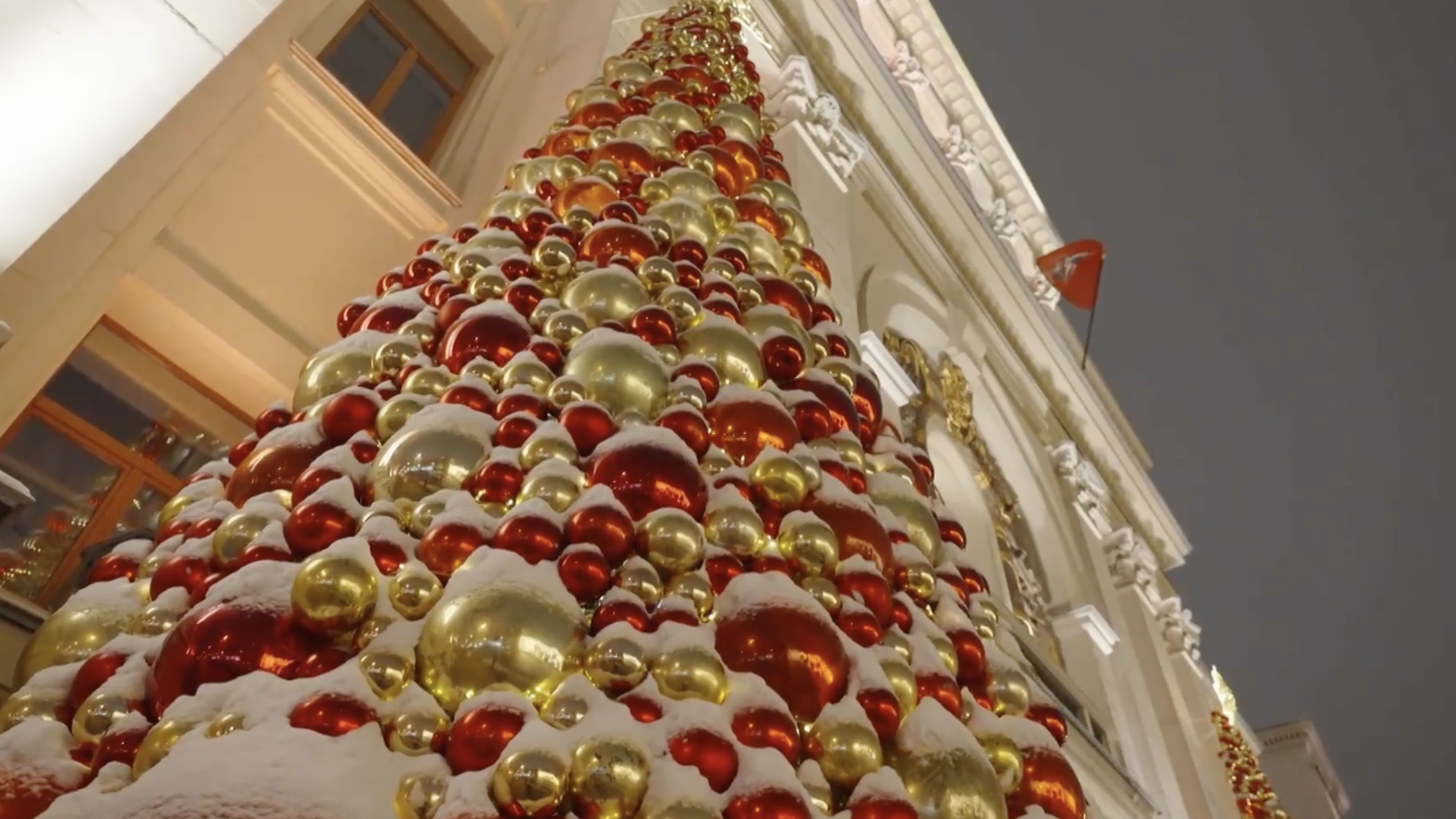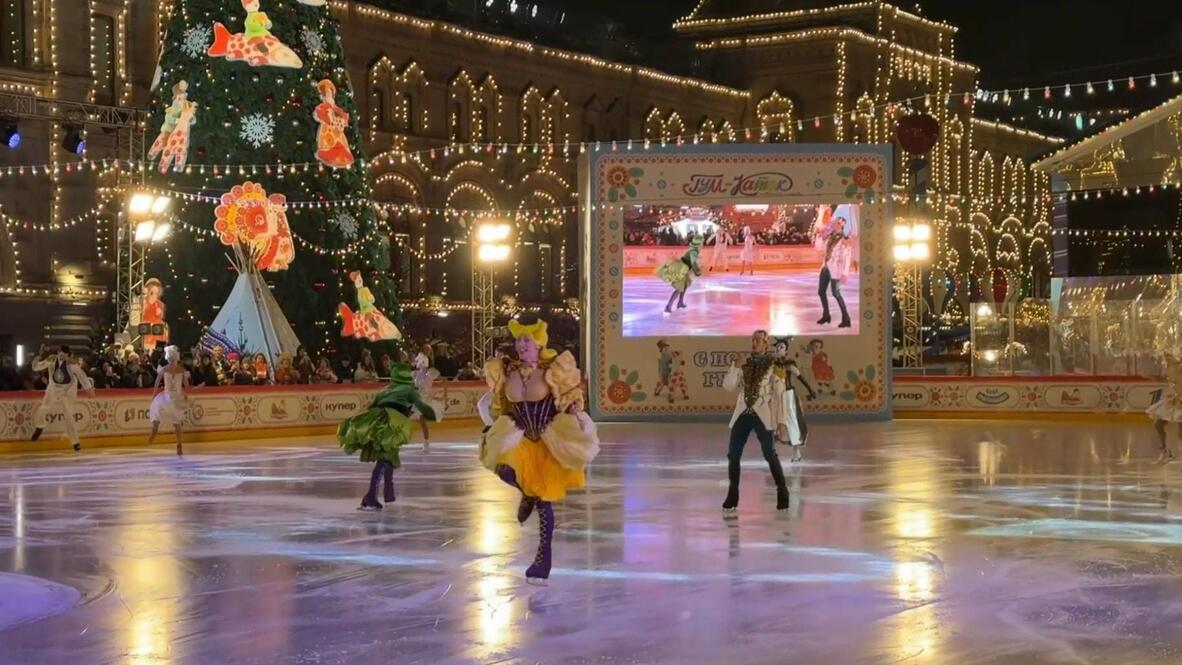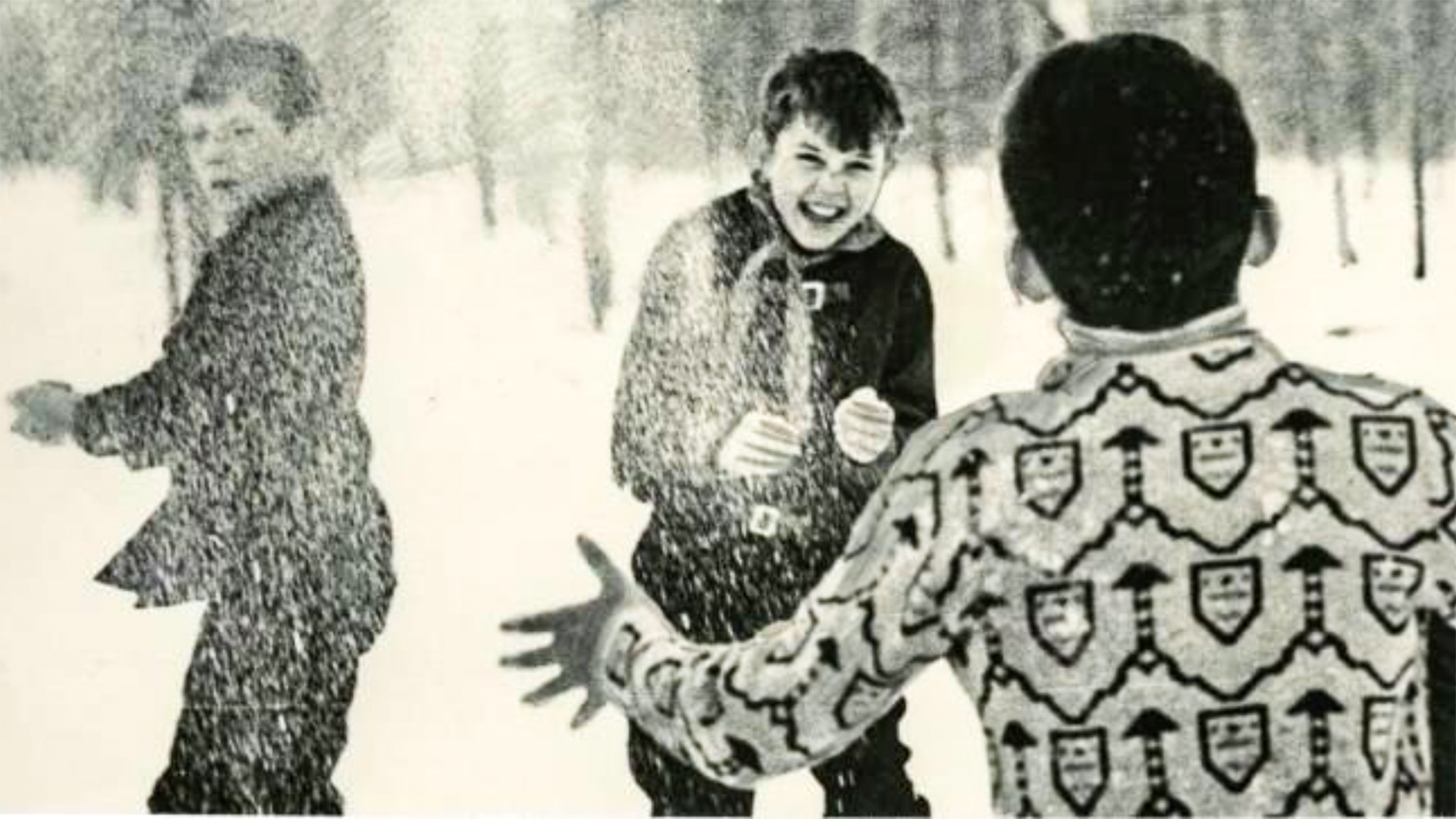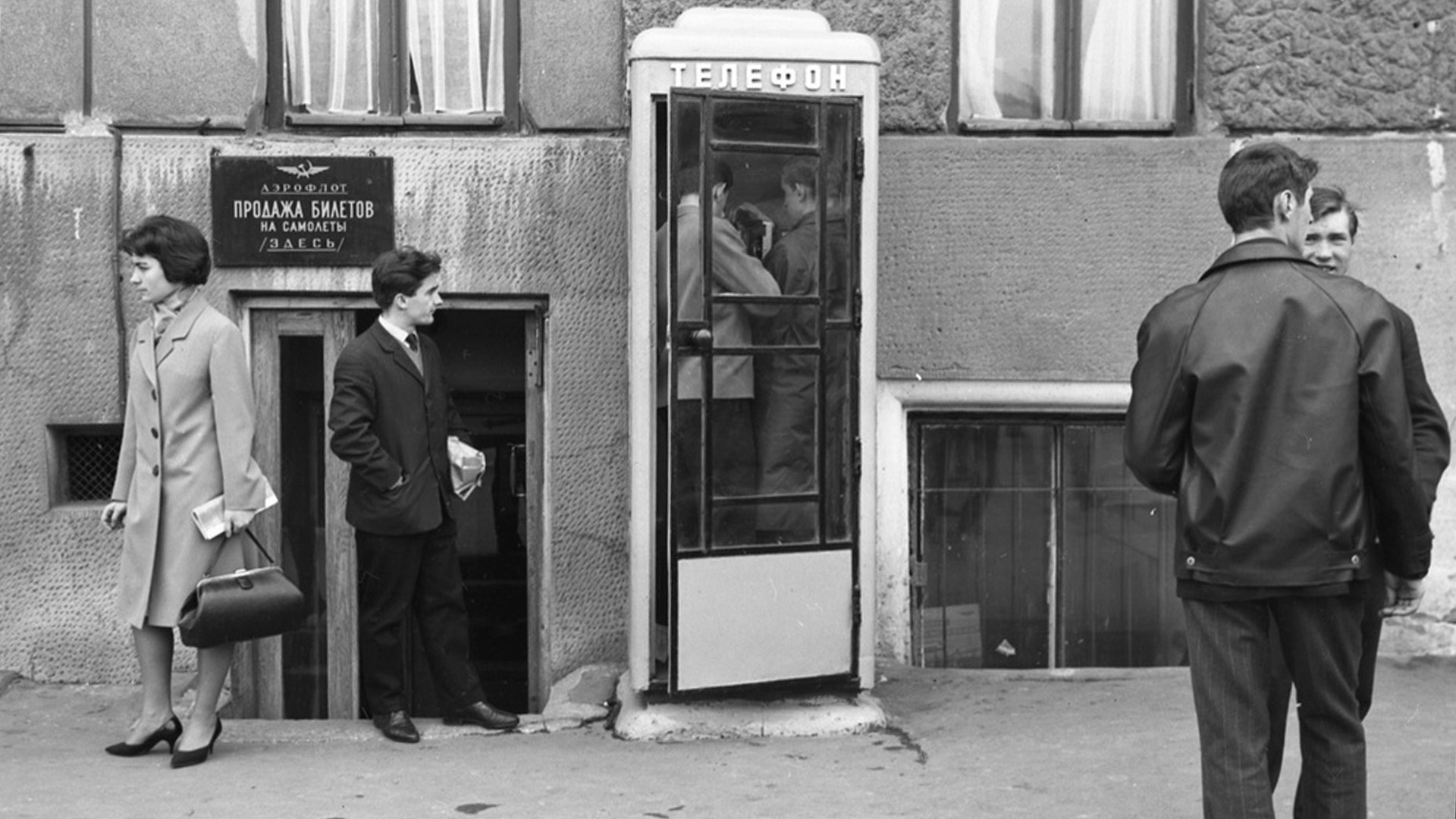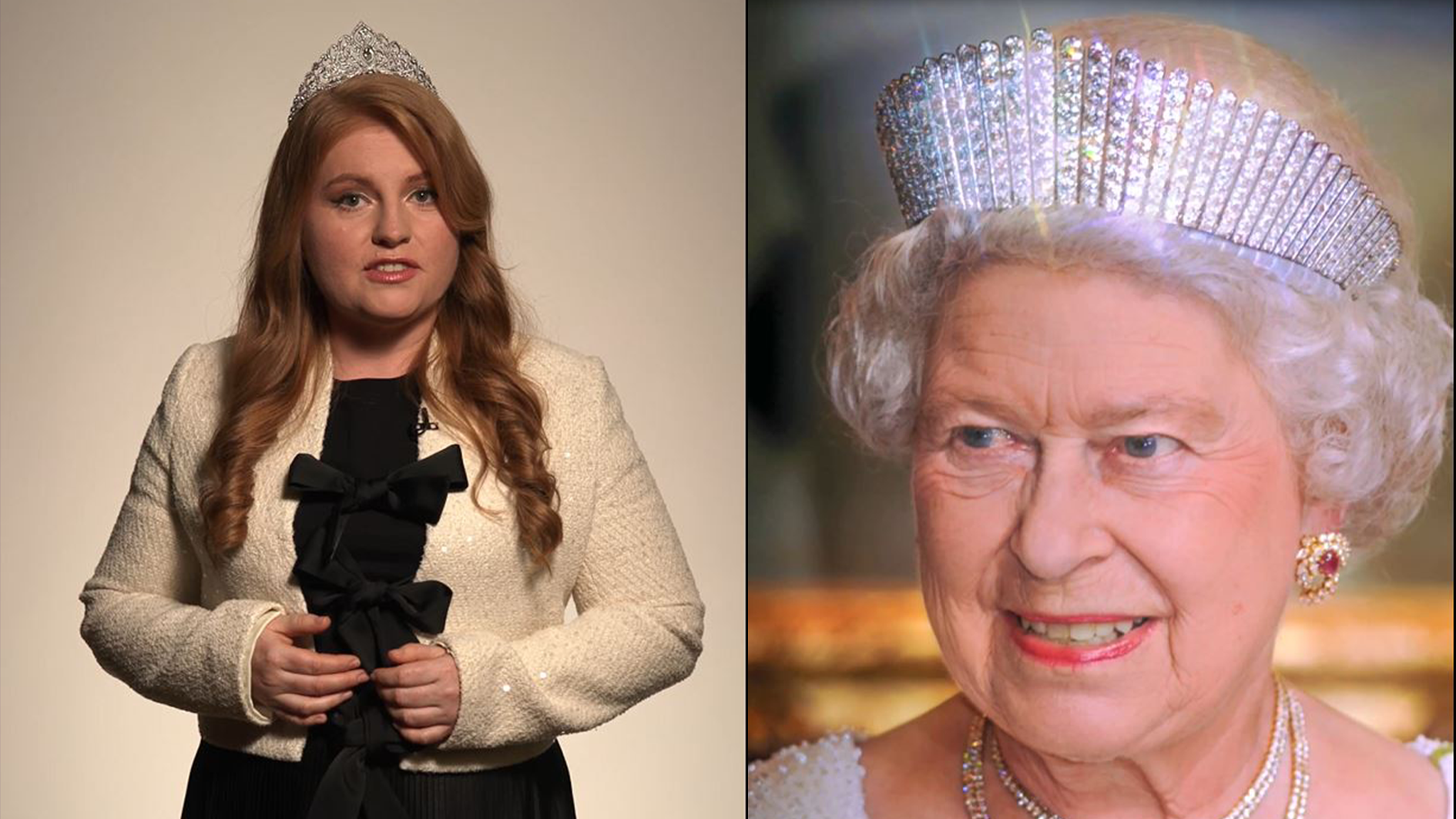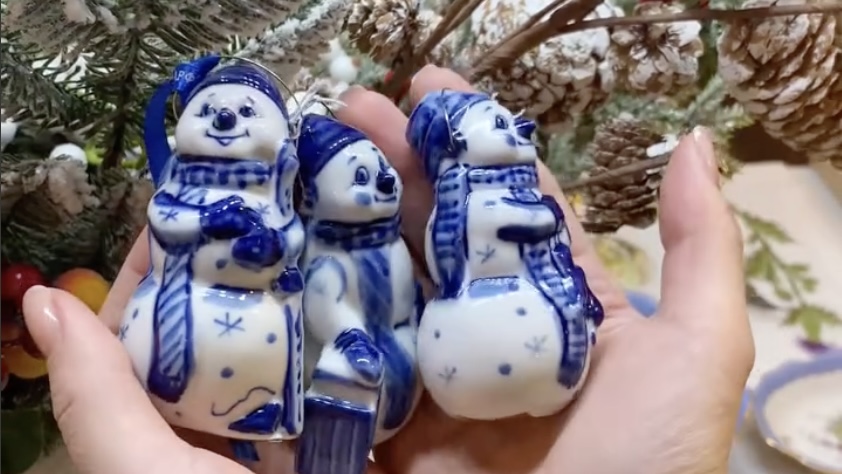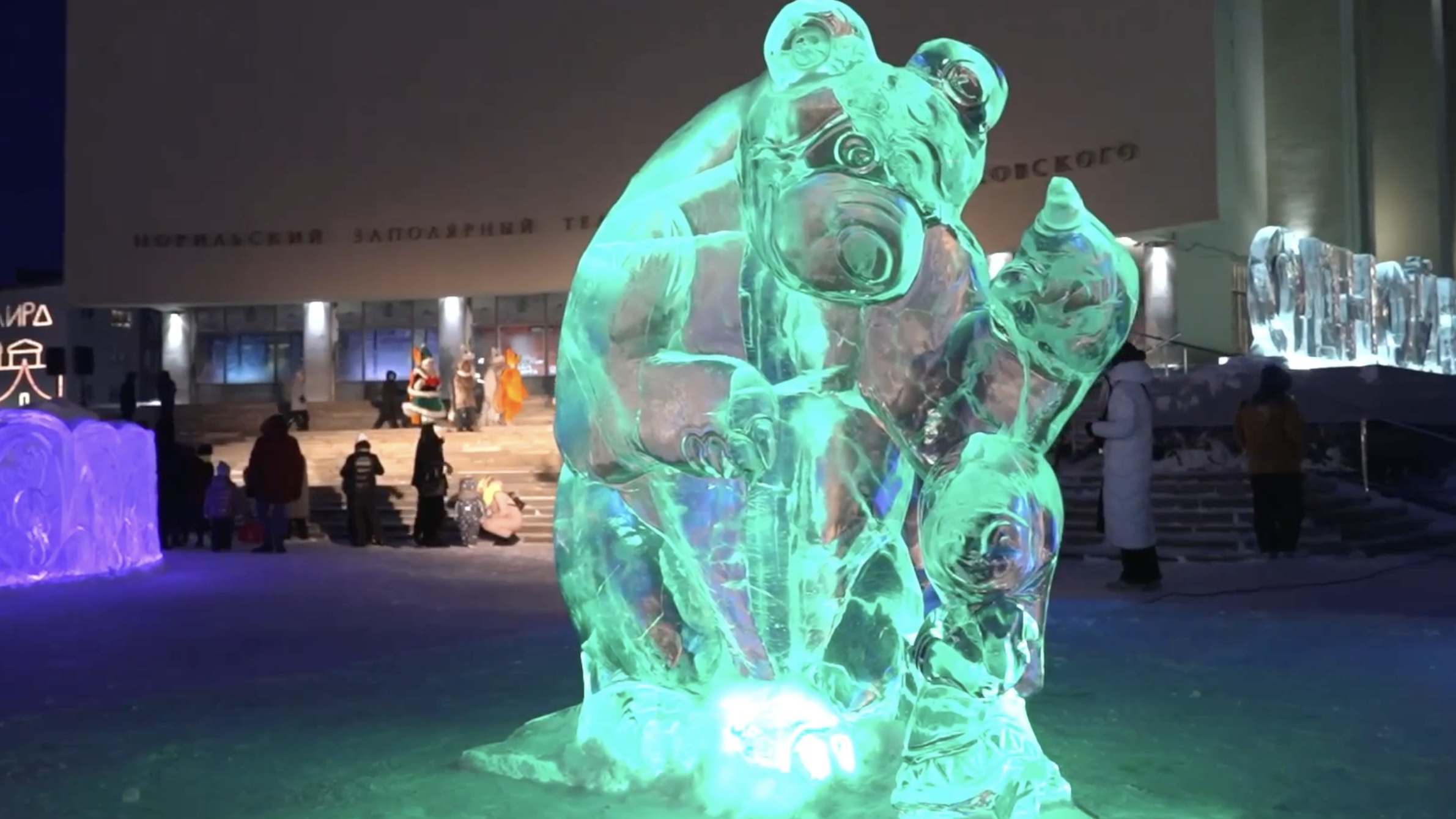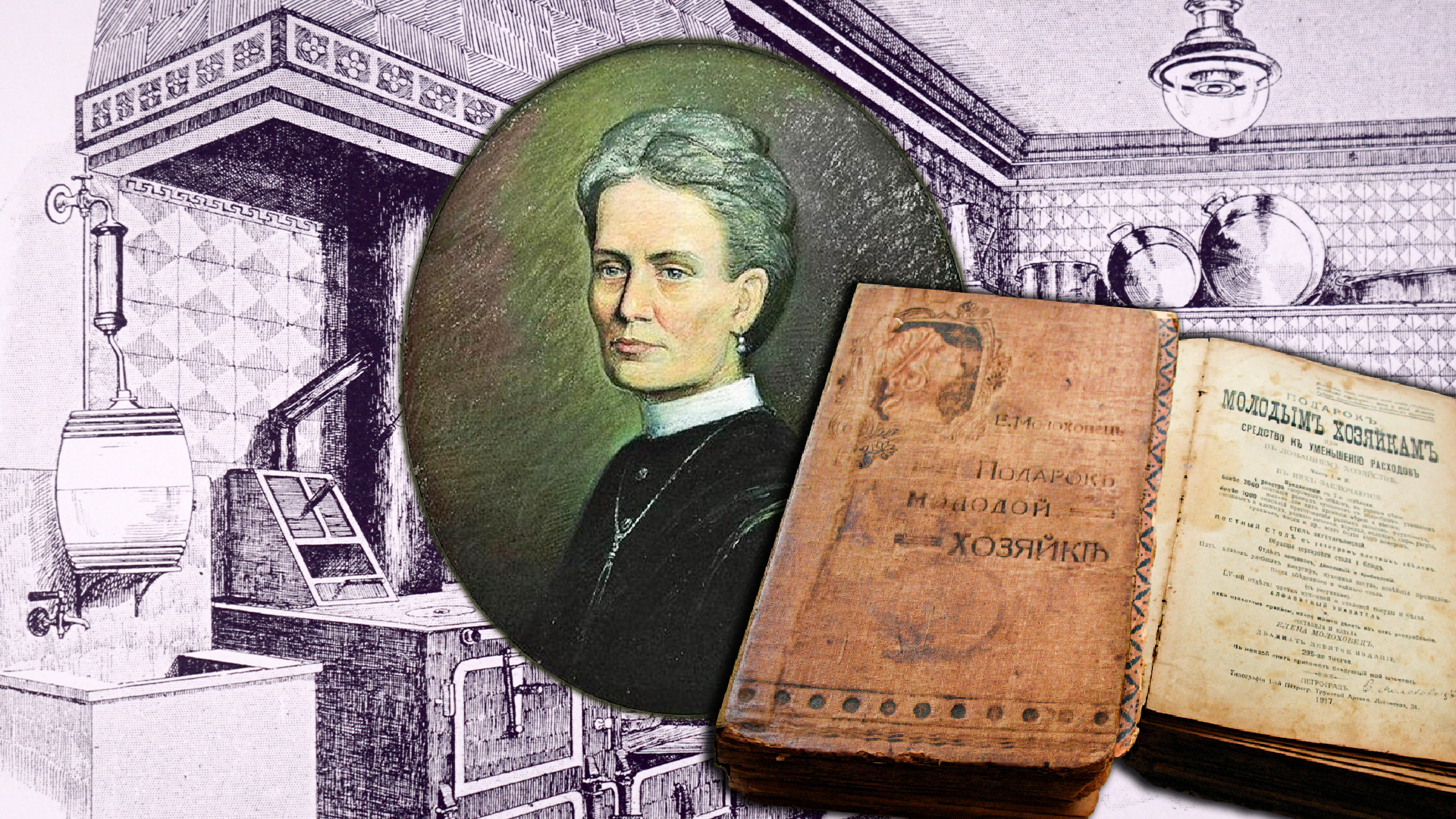
Russian style accessories (PHOTOS)
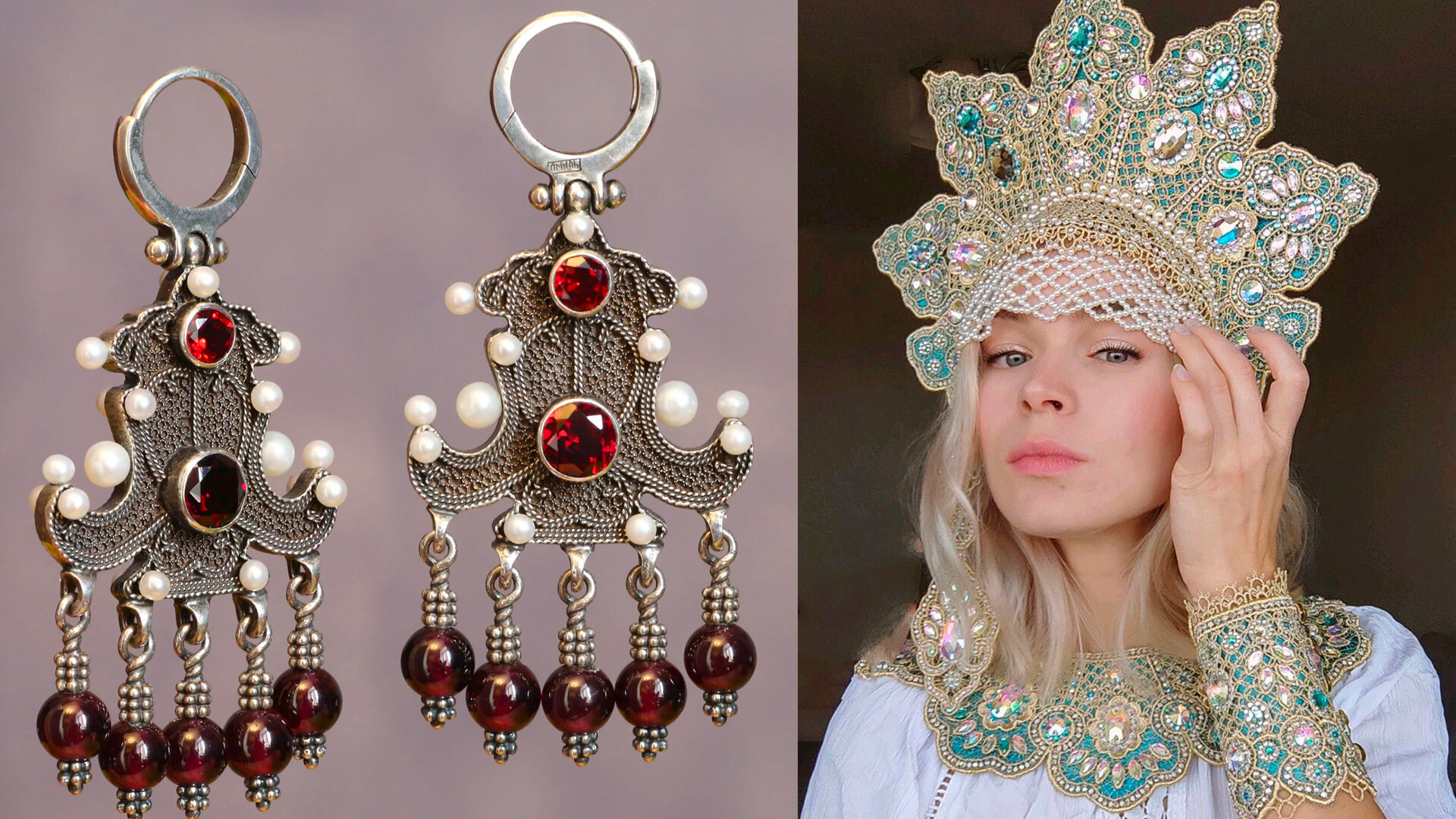
Headscarves and shawls
There were a lot of manufactures in Russia that made a variety of headscarves and shawls, but only some of them came to represent true hallmarks of the Russian style, as well as being coveted as souvenirs for foreigners.
Pavlovo Posad shawls have been produced since 1795 in the town of Pavlovsky Posad outside Moscow. The factory was founded by peasant Semyon Labzin, whose descendants continued the business. By the start of the 20th century, the factory had become the largest headscarf and shawl producer in Russia. The distinctive features of the Pavlovo Posad shawl are its natural woolen material, square shape and symmetrical floral pattern, “cucumbers" and other similar ornaments.
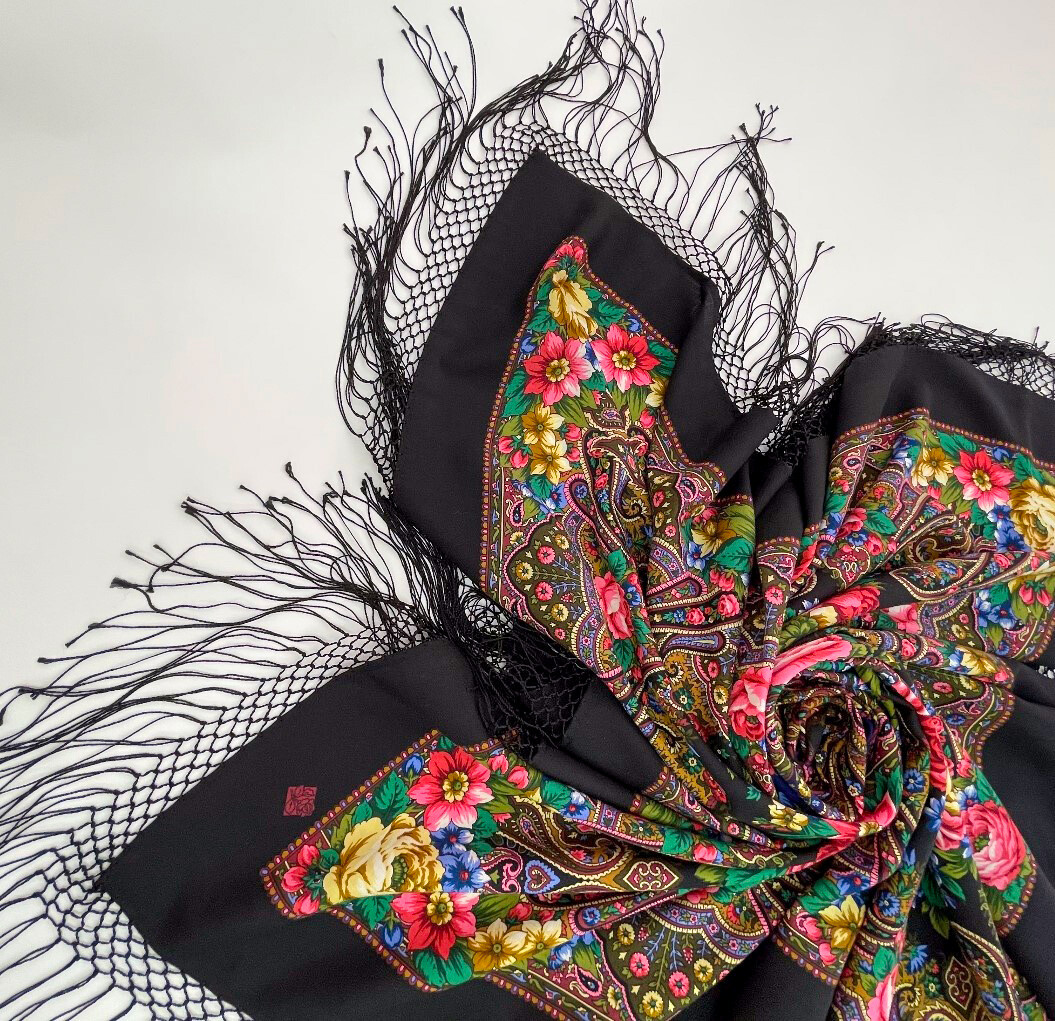
Another no less famous item is the Orenburg down shawl. Craftswomen have been hand-knitting them for more than 300 years in the vicinity of the Ural city of Orenburg from the wool of local goats, characterized by outstanding warmth and even a number of therapeutic properties. It attained global fame in 1857, when it was first presented at the ‘Exposition Universelle’ in Paris. A true indicator of the Orenburg shawl’s quality is the possibility of pulling the item through a wedding ring, as the shawl is known to be very thin and light, despite its considerable size.
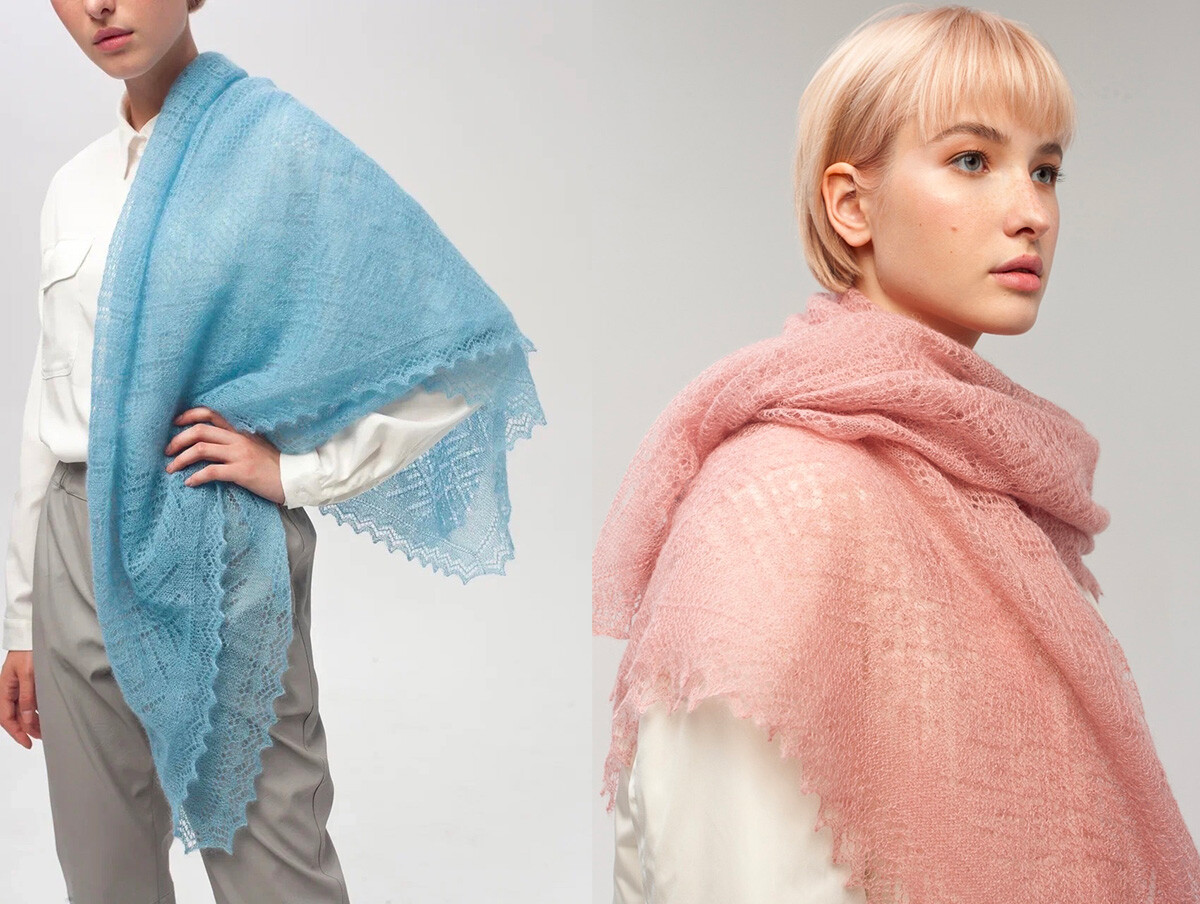
Traditional jewelry
Russian designers still create jewelry with traditional designs. The dove earrings in the photo on the left were made of silver, pearls and garnet by jeweler Timofey Zhuravlev. Similar ones can be seen on the Russian beauty in the picture on the right, by artist Konstantin Makovsky.
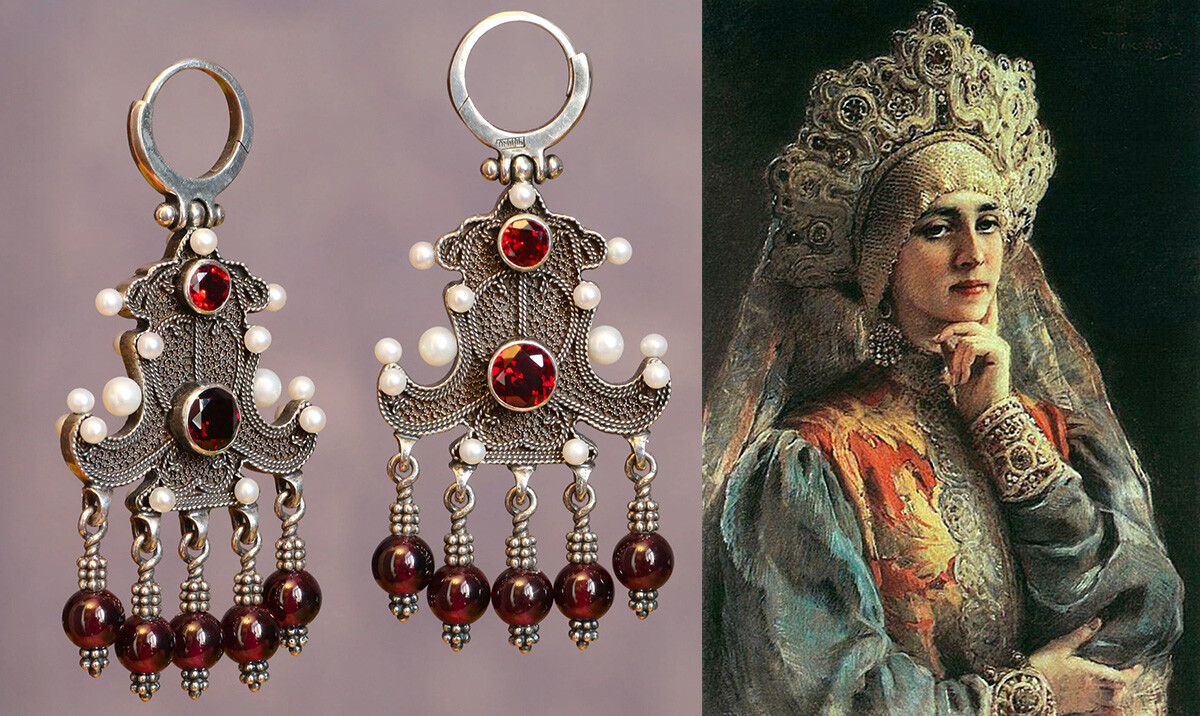
The picture also shows a piece of jewelry called "naruchi" or "zarukavya" (armbands) – an ornate armband, which typically serves as a cuff.
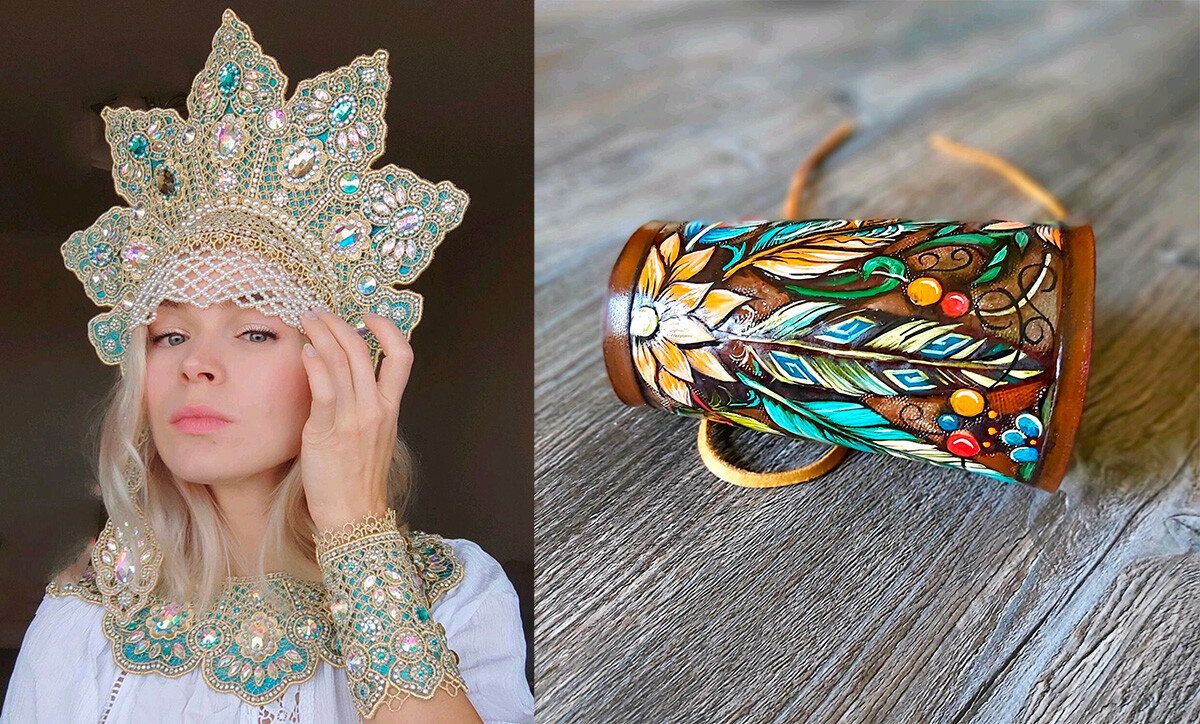
A monisto (necklace) was a festive breast ornament: all kinds of beads, shells, and sometimes coins were put on a linen thread.
While a monisto was expensive, plain beads could be made by any amateur. It all depended on the material: expensive beads were made of amber, pearls and other precious materials, whereas cheap ones could be fashioned even out of dried berries and bone.
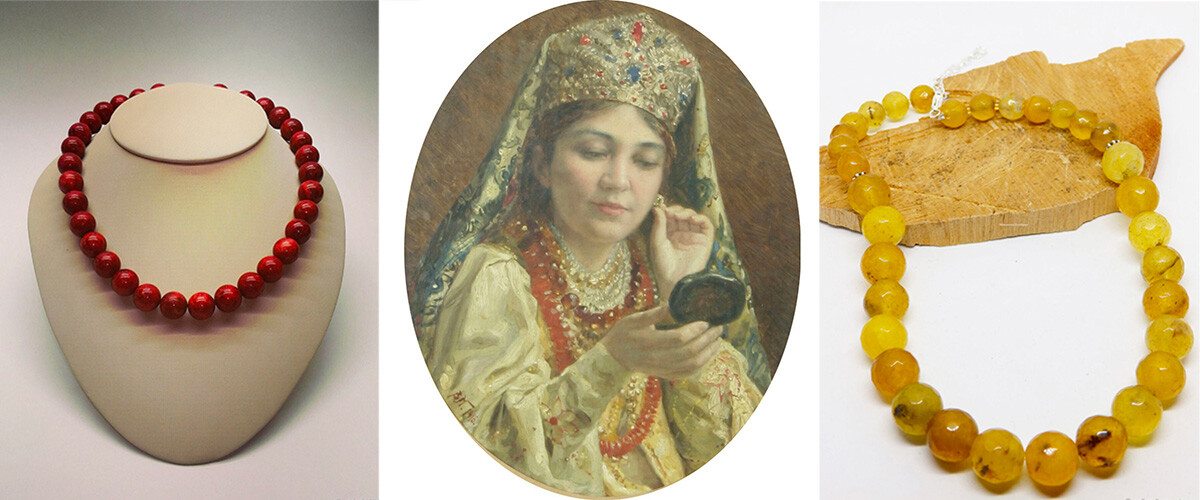
Ribbons and wreaths
Russian girls traditionally wore wreaths – festive headdresses, embroidered with precious stones or glass, and adorned with gold embroidery, glass beads and pearls. Modern designers offer their own, simpler versions of these accessories as casual wear.

Another accessory is ribbons. They were woven into braids, and their presence in a girl's hairdo pointed to her readiness for matchmaking. After the wedding, girls passed their ribbons on to their girlfriends. Now, to wear ribbons, it is not necessary to know how to weave them – you can buy an item featuring an elastic band.
Lukoshko
A lukoshko is a kind of basket for picking berries and mushrooms, which could be found in every peasant house. They were made of lubok (bark of deciduous trees) or twigs – universally available materials that were often used to make household items.
The basket began to be viewed as a handbag only in the 20th century, and the fashion for wicker bags not only took foreign countries by storm, but also the USSR.
